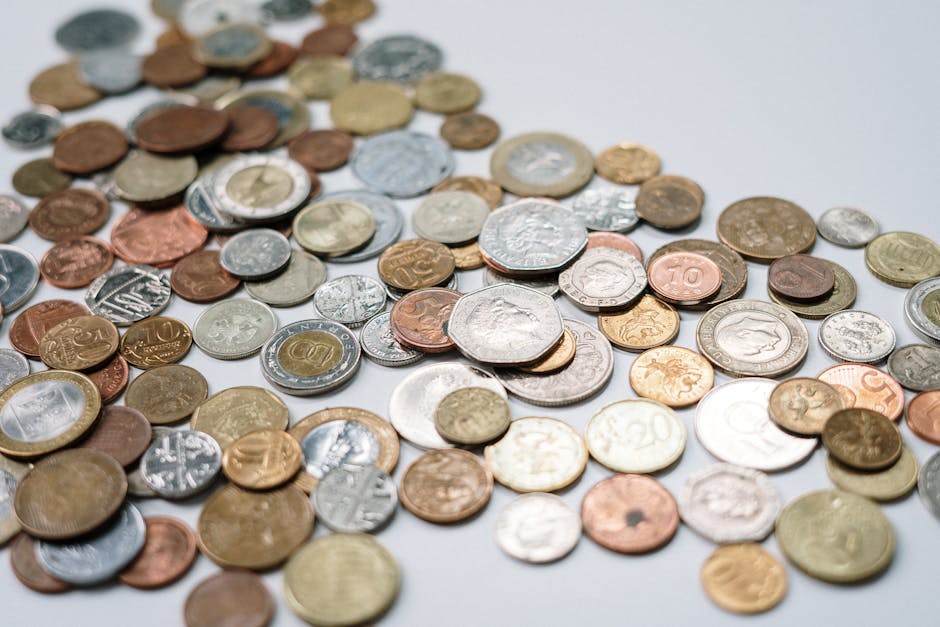Tips Disfinancified: Personal Finance Routine, Not Roulette
1. Audit Every Dollar
Write down every expense and every cent of income for a full 30 days—apps or pencil both work. Break spends into categories: essentials, fat, fun, and leaks. Weekly review: kill the leaks, start with your biggest category.
Awareness compounds faster than motivation.
2. Pay Yourself, Automatically
Automate savings/investing the day money arrives. Use autotransfer or payroll split—move money before bills, not after. Set up “buckets” for each goal: buffer, travel, investing, large purchases. Never let savings mix with spending.
Routine, not memory, wins this battle.
3. Budget Backwards From Your Goals
Pick a hard number (e.g., $12,000 for a car in two years; $1,000 per month for future you). Break down target into monthly/weekly numbers. Adjust expenses so every goal’s “payment” is covered first.
Budget is control, not jail.
4. Build and Guard Your Buffer
Cash for 3–6 months’ living cost—highyield savings for emergencies only. Never touch unless disaster strikes. Refill fast.
Discipline: Without this, risk and regret are guaranteed.
5. Destroy HighInterest Debt, Fast
List debts by interest rate or amount, choose avalanche (highest interest first) or snowball (smallest first) method. Make minimums on all, hammer the priority target. Never double down on debt for lifestyle boosts.
Payoff date is a goal—track, celebrate, and move on.
6. Invest With Simplicity and Routine
Start with index funds/ETFs; low fees (<0.2%), broad market coverage. Automate monthly buys, ignore shortterm noise. Rebalance quarterly, check asset drift by 5%+.
No “gambling.” Routine always wins over reaction.
7. Audit Subscriptions and Bills Quarterly
Apps, gym, Netflix, insurances, memberships—cancel or pause what’s not used weekly. Renegotiate big bills or shop for cheaper suppliers yearly.
Every dollar saved in overhead multiplies investment power.
8. Know and Protect Your Credit
Check your score monthly; dispute errors quickly. Pay bills on time; one miss costs more than months of interest. Limit active cards/accounts; don’t close oldest unless absolutely necessary.
Security is as much a habit as math.
9. Plan for Taxes
Log side gig income, freelance, dividends, and deductible expenses as they happen. Use a folder (digital and paper) for receipts, W2/1099s, and statements. File early, automate reminders for filings, and adjust withholding using paycheck calculator or a CPA.
Dodge penalties, reclaim sleep.
10. Sink Funds for “Surprises”
Divide all annual or known big expenses (insurance, car, tech upgrades, gifts) by 12: save monthly. Use separate accounts or budgeting lines.
Surprise expenses should never be a surprise again.
11. Set a Fun/Spending Cap
Allocate weekly or monthly “fun money”—use card, cash, or prepaid debit only. Never feel guilty for planned fun.
Discipline is as much about joy as restriction.
12. Protect and Audit
Twofactor security on all bank and investment accounts. Shred or digitize documents, never keep key info in wallets. Lock credit if not using—freeze/unfreeze is easy.
Bad hygiene undoes savings quickly.
13. Learn and Upgrade
Set quarterly review for goals, habits, and money moves. Read one solid finance book, blog series, or podcast each quarter—apply learnings fast. Prune influencers and apps that overhype, underdeliver.
Growth compounds with honest inputs.
14. Share and Teach
If you manage family money, run weekly/biweekly checkins together. Document all routines, logins, and “what to do if” for emergencies. Teach kids or partners basics, move from allowance to budget/money management.
Discipline is a team sport.
Regular Routine: Daily, Weekly, Monthly, Quarterly
Daily: Check balances, log spends, set up reminders for due bills. Weekly: Track spending, kill at least one bad habit, meal prep, or audit subs. Monthly: Pay self, review goal progress, adjust budgets, plan for next 30 days. Quarterly: Rebalance investments, check insurance, update taxes and legal docs.
Routine is the real hack—never the “trick of the week.”
Pitfalls to Erase
Believing “I’ll save what’s left”—invert to save first, spend what’s left. Ignoring small leaks—$5 daily is $1,825 a year, never compounding. Hoping for windfalls to fix problems; habit and review build fortune, not luck.
Conclusion
Money is a process, not a miracle—win by tracking, automating, reviewing, and repeating. Stick to these tips disfinancified; review, outaudit yourself, and show up every week with ruthless consistency. Your financial peace is earned through structure—and survival is found in repetition, not wishful thinking. Outlast, outlearn, and outdiscipline—one cycle at a time.


 Founder & Chief Executive Officer
Lorven Orrendale is the visionary founder who built the firm on the principles of fiscal transparency and aggressive market growth. They specialize in identifying undervalued assets and transforming them into high-yield portfolios through strategic restructuring. Under their leadership, the firm has achieved record-breaking returns, establishing a global reputation for financial excellence and long-term stability.
Founder & Chief Executive Officer
Lorven Orrendale is the visionary founder who built the firm on the principles of fiscal transparency and aggressive market growth. They specialize in identifying undervalued assets and transforming them into high-yield portfolios through strategic restructuring. Under their leadership, the firm has achieved record-breaking returns, establishing a global reputation for financial excellence and long-term stability.

